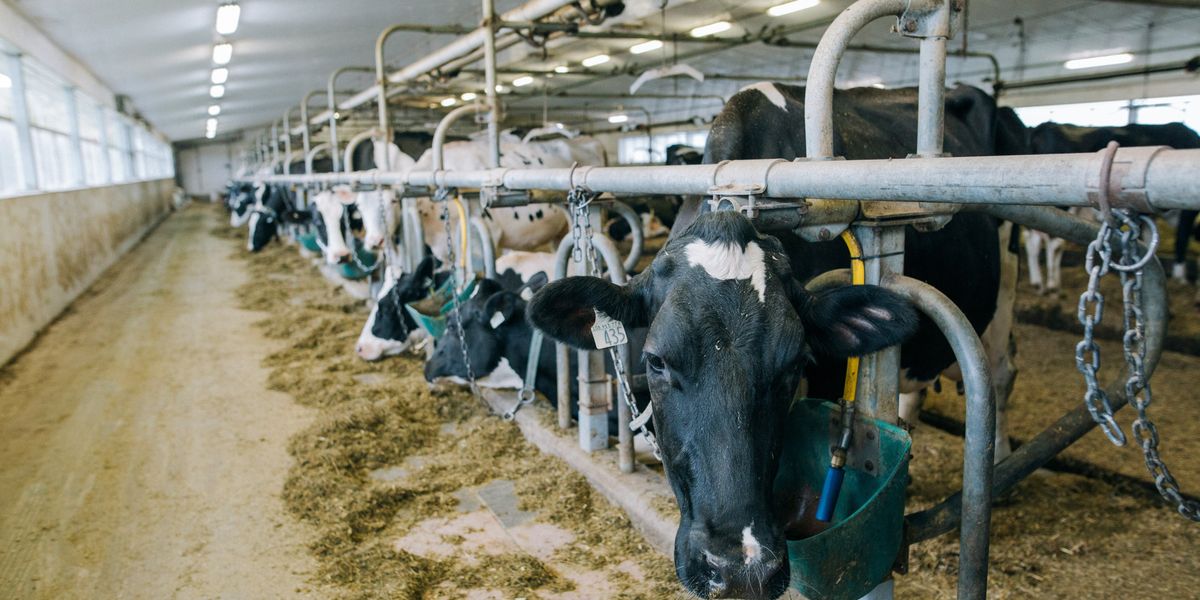
Meat makes a political comeback in American diets
As plant-based eating loses ground, meat consumption in the U.S. is surging, fueled by cultural shifts, right-wing politics, and the return of President Trump.
Yasmin Tayag reports for The Atlantic.
In short:
- Health Secretary Robert F. Kennedy Jr. publicly praised fast-food chains for cooking with beef tallow instead of seed oils, part of a broader cultural push embracing meat.
- National meat consumption has risen steadily over the past decade, even among those who identify as vegetarian or vegan but do not consistently eat that way.
- Conservative influencers and politicians have framed meat-eating as a symbol of masculinity and tradition, casting plant-based diets as elitist or unpatriotic.
Key quote:
“Most people can easily continue doing something they believe is wrong as long as they have plenty of company.”
— Peter Singer, ethicist
Why this matters:
Red and processed meats have long been under scrutiny for their health impacts, with numerous studies linking high consumption to heart disease, certain cancers, and shorter life expectancy. At the same time, the environmental toll of meat production — especially beef and pork — continues to grow, with livestock generating significant methane emissions, a potent greenhouse gas. These emissions contribute to global warming at a time when climate scientists say we need sharp reductions across all sectors.
Still, any effort to shift public diets often meets stiff political resistance. Plant-based eating has become entangled in partisan debates, portrayed by some as a threat to tradition or personal freedom. As cultural narratives around masculinity, class, and regional identity get pulled into the mix, nuanced public health and environmental guidance is struggling to gain ground. Meanwhile, global meat consumption is rising steadily, and with it, the risks we face — both at the dinner table and on a rapidly warming planet.
Related: Rethinking meat's role in climate and health strategies













